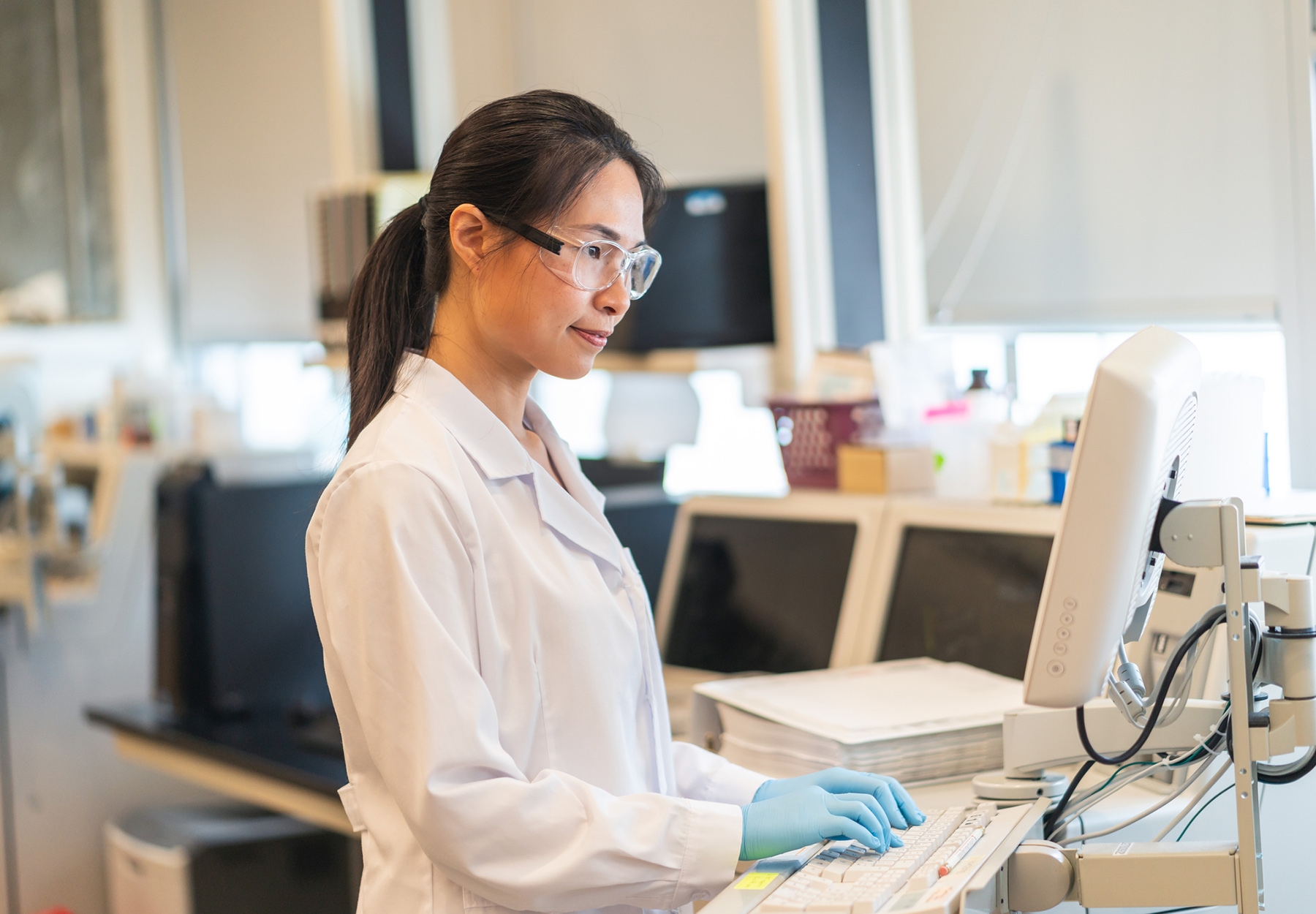As part of an April 4 briefing involving those from key organizations related to the clinical lab and health care industries, the Association for Molecular Pathology (AMP), asked Congress to scrutinize the Verifying Accurate Leading-edge IVCT Development (VALID) Act of 2021 more carefully. They also called on lawmakers to ensure a thorough review is performed of any other legislation involving changes to regulations for laboratory developed testing procedures.
VALID, a complicated piece of legislature first introduced in 2018 and then reintroduced in 2020, aims to create a new product category for diagnostic and lab tests to be reviewed and approved by the U.S. Food and Drug Administration (FDA). Currently, such tests are cleared via the agency’s 510(k) pathway for medical devices.
However, some in the industry have serious concerns about the current draft, the AMP says. That’s why AMP representatives, along with those from the Association of Pathology Chairs, the American College of Medical Genetics and Genomics, and the American Association for Clinical Chemistry held a congressional briefing at the beginning of last week to inform lawmakers of the impact the act would have on clinical labs, patients, and health care providers. In particular, the group asked Congress to:
- Look at VALID separately from the must-pass Medical Device User Fee Agreement (MDUFA V) legislative process, allowing more time and evaluation “to ensure the policy is sound and in the best interest of patients and public health”
- Consider the damage excessive regulations did in the early part of the current COVID-19 pandemic, which prevented the quick development and deployment of COVID-19 tests to help control the outbreak
This doesn’t mean that key stakeholders oppose changes to regulations of laboratory developed testing procedures, AMP executive director Mary Steele Williams said in a statement, but they want to ensure such oversight “modernizes the current regulatory system, demonstrates quality, enhances transparency, and fosters the rapid innovation and promise of new diagnostic technologies and tests.” She adds the new regulations should also ensure that labs can still respond quickly in the event of a public health emergency such as the COVID-19 pandemic.
